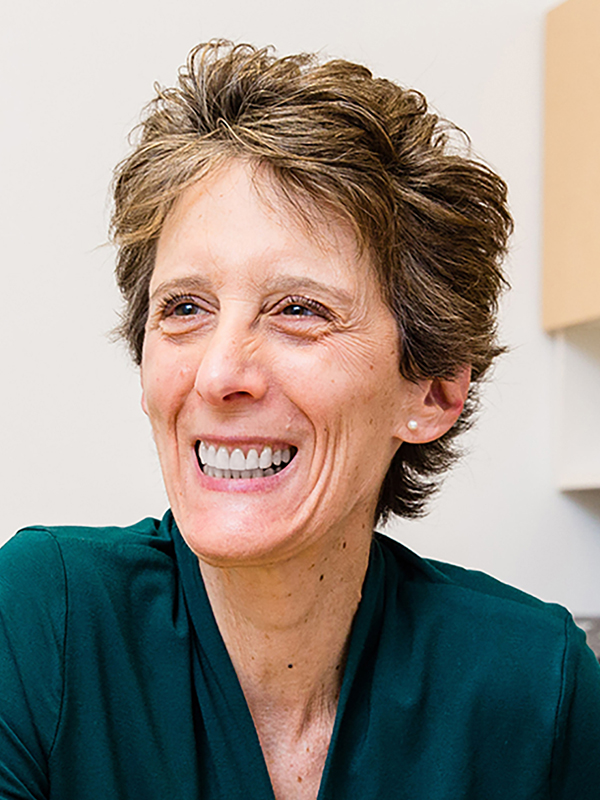
Of course, publishing was not all about leisurely reading sessions and conversations with famous authors—especially for an editorial assistant working for a busy editor at an academic publishing house. Still, it was a great learning opportunity for someone curious about the scholarly communications process. After working as an assistant editor at Oxford University Press, Kate moved on to Columbia University Press, where she was the social sciences editor and then editor-in-chief. After seven years in that role, Kate worked with librarians and technologists to found the Electronic Publishing Initiative at Columbia to experiment with born-digital scholarly publishing. Kate saw an opportunity to embrace the rapidly changing environment and to develop, publish, and sustain publications in a format that would align with the emerging needs of scholars and students. At Columbia, and at ITHAKA—first at Ithaka S+R and now as managing director of Portico—she has focused on steering the evolution of digital publishing and preservation.
“These are jobs that didn’t even exist twenty years ago. The environment of higher education, of publishing, of libraries has changed in so many ways, and these developments have created challenges but also opportunities for professional roles that we could not have imagined previously. We couldn’t have grown up wanting to do this work because it didn’t exist.”
The rapid pace of technological change and the shifting approaches to research and publishing make this field challenging, but that’s part of the appeal.
“It is sometimes intimidating to realize how quickly things are changing, but I try to see opportunities to engage with these changes so that we can become an even more central player in the broader scholarly communications process,” she says.
Kate’s willingness to embrace challenges has led to developments like Portico’s 10 year collaboration with the British Library to help them meet their national depository requirements, and more recently efforts like Portico’s multi-year research project focused on future-proofing new forms of scholarship, conducted in collaboration with New York University Libraries, and an effort to identify and preserve content that has been under-represented in traditional publishing and preservation services. (To learn more, read Safeguarding cultural heritage: Portico’s preservation efforts.)
“One of the many things I enjoy about my work at Portico is that no two days are the same because we have so many things going on all at once, including preservation research, pilot projects, and new business planning. I enjoy working with great colleagues on issues involved in the core work of preserving our participants’ content as well as projects that help us learn about and prepare for the challenges coming our way soon.”
Reflecting on organizational culture, Kate says “I think the environment in which one works and the work one does can be tremendously energizing. The fact that I work at a place where so many people care about scholarship and education is very important to me.”
“If you really care about how scholarly communication happens, how authors express what they’re trying to say, and making sure that the results are available for future generations, our organization occupies a very special space.”